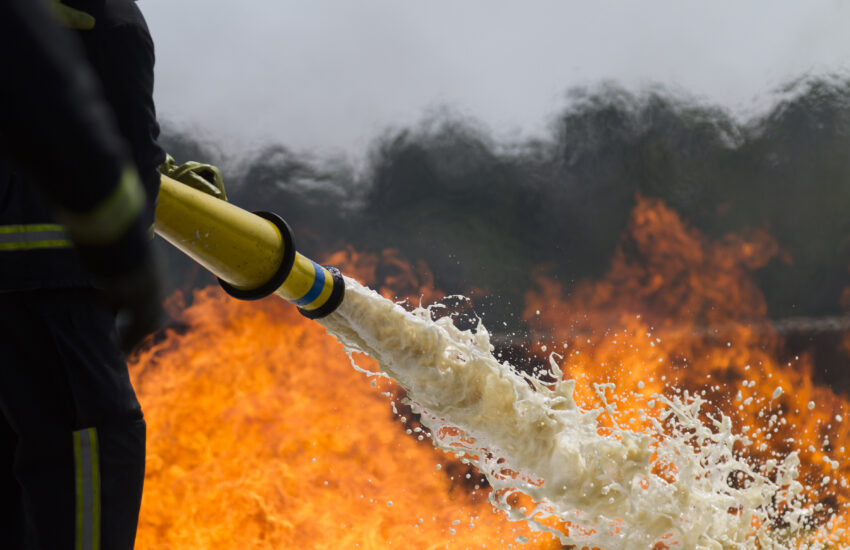The Aqueous Film-Forming Foam (AFFF) MDL has taken a significant step forward with the introduction of a new case management program intended to streamline the complex process of product identification. The program’s structured approach is designed to enhance efficiency and accuracy in identifying the sources of contamination, thereby facilitating more effective legal proceedings.
The AFFF MDL is a multidistrict litigation that consolidates thousands of lawsuits across the United States concerning exposure to per- and polyfluoroalkyl substances (or PFAS). Due to its motility and unique chemical properties, PFAS was used in aqueous film-forming foams and other fire-resistant products commonly found at military bases, airports, industrial sites, and firefighter training facilities. The lawsuits primarily allege that PFAS is linked to environmental contamination and health risks with claims ranging from municipal water pollution to personal injury. Since its inception in 2018, the lawsuits were consolidated in the District Court of South Carolina to coordinate pretrial proceedings.
In January, the AFFF MDL introduced a new case management program to address persistent product identification challenges impacting water district, personal injury, soil contamination, and sovereign state claims. Recognizing the impracticality of investigating all contaminated sites, the court authorized targeted product identification discovery at a representative sample of sites. The initial site selection process began in January and will “primarily include airports, fire training centers, and/or other locations where AFFF was used.” These sites are due to be submitted to the court by March 26.
A collaborative procedure was established to select 10 to 15 sites for focused written and documentary discovery, as well as party and non-party depositions over a period of six months from the date of selection of the sites. The discovery “is to be limited to product id discovery, only, absent agreement of the parties.”
Thirty days prior to the conclusion of the discovery period, “the parties shall begin to confer further on a process to address partial dismissals, if any, that may occur following the product id discovery and any further proceeding as may be warranted as to these cases or any subset of such cases.”
Sixty days prior to the completion of the 6-month discovery period, “the parties shall meet and confer on a process and further proceedings as to these cases or any subset of such cases, including as to whether any such case(s) would be appropriate for continued workup in a bellwether or trial work-up process. Should any such cases advance to a bellwether or trial work-up process, Defendants shall negotiate in good faith as to Lexecon waivers for such cases consistent with the prior bellwether settings and schedules in this MDL.”

